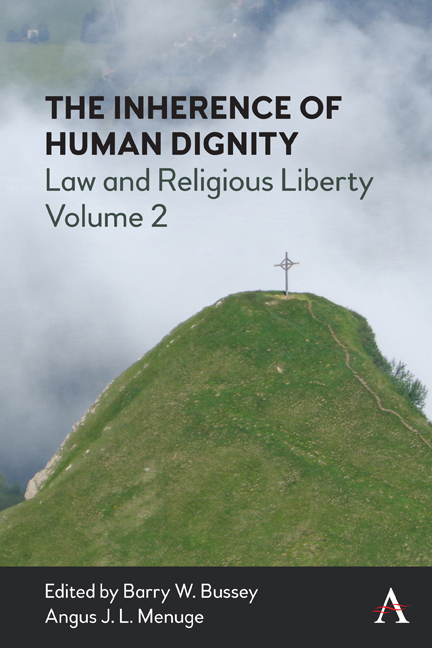Chapter Four - Discovering Dignity in Adjudication: The Jurisprudence of the Court of Justice of the European Union
Published online by Cambridge University Press: 24 February 2022
Summary
Introduction
The post–World War II European legal order is an ideal place to explore the role of dignity in adjudication. As the great comparative law scholar Mauro Cappelletti put it, supranational jurisdictions seemed the perfect vehicle for the resurgence of ‘natural law’ after the totalitarian and war atrocities (1985, 31). Distrust of nationalism, fear of authoritarian executives and the necessity to put checks on tyrannical parliaments joined forces and gave birth to a particularly creative supranational judicial culture, which accorded a special place to dignity.
This chapter focuses on how the European Communities (EC) and the European Union's (EU) judiciary have understood human dignity. Although it changed its name at the replacement of the EC with the EU, the chapter will always refer to the Court of Justice of the European Union (CJEU) for the sake of brevity. The chapter's task requires some preliminary steps: outlining the status of EU law and the legal culture within which the CJEU has operated and a brief sketch of the growth of dignity within EU constitutionalism. An in-depth analysis of the CJEU's judgements that revolved around dignity will follow.
The CJEU: The EU's Legal Driver
The CJEU is widely considered the EU's main vehicle for the interpretation of EC and EU law (Stein 1981, 2). There is broad consensus that it has also been the main driver of the development of European legal integration since the EC's inception in the 1950s (Kelemen 2016, 120; Stein 1981, 1; Itzcovich 2017, 288– 89). In many ways, its case law anticipated the legal ideas that were later enshrined in the EC and EU treaties and laws (Lenaerts 2007, 1030). Instead of merely clarifying the contents and the contours of EC and EU law, the CJEU has consistently shaped the law, extending it beyond the plain meaning of the words of the treaties and EU regulations (Weiler 2011, 688).
The CJEU's effectiveness is much indebted to the doctrine of ‘direct effect’, which it developed early in the 1960s. According to this doctrine, EC and later EU rules create rights that are directly enforceable by domestic courts without the need for states to execute them (Van Gend En Loos, C-26/62).
- Type
- Chapter
- Information
- The Inherence of Human DignityLaw and Religious Liberty, Volume 2, pp. 55 - 74Publisher: Anthem PressPrint publication year: 2021



